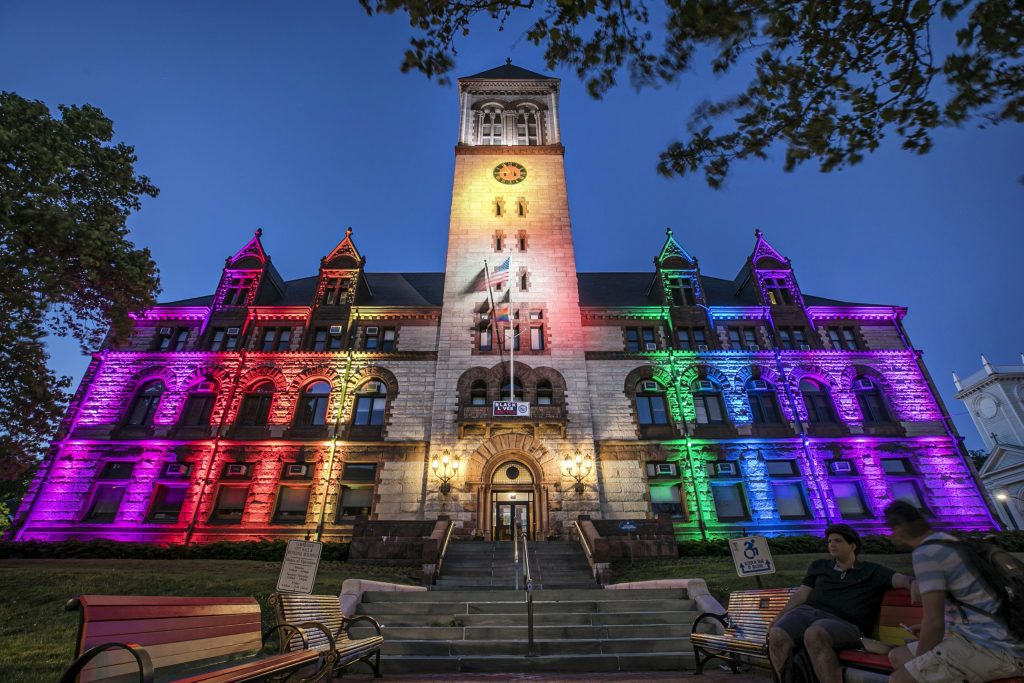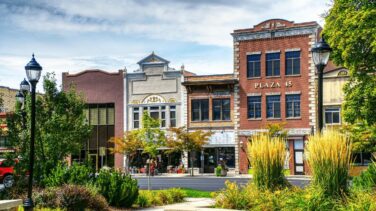
Most of our clients use the coUrbanize platform to generate productive dialogue about proposed real estate developments. But one client is using it for a very different purpose – to engage residents in the search for the new city manager of Cambridge, Massachusetts. We’re learning a lot from this initiative: It’s demonstrating 1) just how powerful community engagement can be and 2) why engagement is so important beyond real estate.
Some Background
The City of Cambridge, one of our long-term clients, launched a coUrbanize site dedicated to the search on February 1. It serves as a forum where residents and other stakeholders can weigh in on the ideal characteristics of a new city manager and the key challenges that he or she will address. Cambridge is using the comments to develop a job description and identify the top qualifications for the position, which becomes vacant in July when the incumbent retires. As Mayor Sumbul Siddiqui has noted, the purpose of the initiative is to ensure that the search process is “driven by community input.”
A Huge Response
In just over a month, the site has garnered nearly 5,000 comments. These are enlightening from both a quantitative and qualitative perspective. Many commenters have identified the city’s key challenges as affordable housing, demographic diversification, walkability, public transportation, bike infrastructure, and climate change. Desired characteristics of the new city manager, according to the feedback, include: progressive, committed to combating climate change and to street safety, a good communicator, collaborative, transparent, and accountable. The specificity of this feedback is invaluable not only for the purposes of the search, but also for planning Cambridge’s future.
The enormous response demonstrates to us just how much people want a say in what happens in their communities – a say that goes far beyond voting. In the long term, this kind of initiative leads to greater satisfaction among residents and other stakeholders. They’ve had an opportunity to offer feedback on issues that affect their day-to-day life, and they know that their opinions are being heard. As Mayor Siddiqui says, “We want this process to be defined by listening and accessibility.” That’s exactly the kind of process that leads to successful outcomes on the real estate front; Cambridge is showing us how it can work for other kinds of proposals and projects important to communities.
So what’s next? We’re keen to see how the feedback on the coUrbanize site continues to shape the search for the city manager. You can check it out yourself by clicking here. Full disclosure: We have a stake in the outcome ourselves; we’re headquartered in Cambridge. But from a less localized perspective, we think this initiative can serve as a model for other municipalities. They, too, can solicit feedback from constituents, whether the question revolves around the desired characteristics and experience of appointees or another matter of concern to the community.
For example, consider the vital question of how American Rescue Funds should be spent. Many municipalities have been slow to make these sorts of budgetary decisions. Why not give constituents the opportunity to weigh in? From our standpoint, any issue of importance to both politicians and communities lends itself to dialogue both online and offline.
In one sense, however, the real estate projects on our platform resemble those for unrelated municipal endeavors. All stem from a desire to promote equity, inclusivity, and sustainability. So whether community engagement revolves around planning for a mixed-use development, affordable housing, adaptive reuse of a landmark property, or a municipal initiative, those are the values that get our vote.


